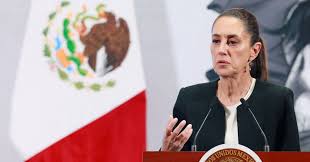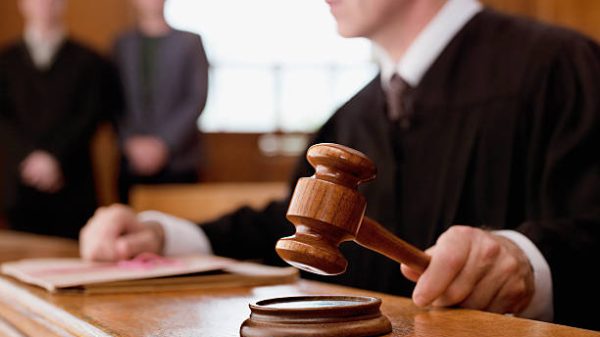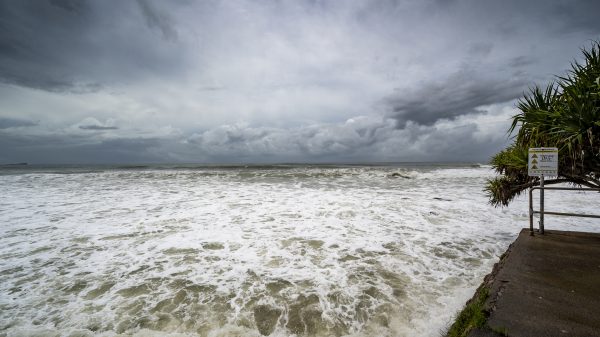Mexico City – Mexican President Andrés Manuel López Obrador has announced that his government is prepared to provide additional names of alleged drug traffickers to the United States for potential extradition. This announcement comes as part of a broader effort to strengthen cooperation between the two countries in the fight against transnational organized crime.
Ongoing Collaboration Between Mexico and the U.S.
The U.S. and Mexico have long been partners in combating drug trafficking, with both nations sharing intelligence, coordinating operations, and working to dismantle powerful criminal organizations that operate across their shared border. However, despite these efforts, the flow of illicit drugs, including fentanyl and methamphetamine, continues to devastate communities on both sides of the border.
President López Obrador’s latest announcement signals a renewed commitment to addressing this growing threat, emphasizing that his government will continue to work closely with U.S. authorities to target major drug cartels and bring individuals involved in trafficking to justice.
“We have always been open to cooperating with the U.S. on this issue, and now we have more names of individuals who should be held accountable for their crimes,” López Obrador said in a statement. “This is part of our ongoing fight against organized crime.”
The Role of Extradition in Combating Drug Cartels
Extradition is a key tool in the U.S.-Mexico fight against drug cartels. Under Mexican law, the president has the authority to approve or deny requests for the extradition of individuals wanted by foreign governments. The U.S. often requests the extradition of suspected drug traffickers who have been charged or convicted of crimes in U.S. courts.
In recent years, the U.S. has sought the extradition of several high-profile cartel leaders, including Joaquín “El Chapo” Guzmán, who was sentenced to life in prison in 2019 after being extradited to the U.S. to face charges related to his leadership of the Sinaloa Cartel.
The extradition process can be complex, as it involves legal hurdles, diplomatic negotiations, and at times, political considerations. However, Mexico has increasingly cooperated with U.S. requests, reflecting a shared interest in dismantling cartels and curbing the flow of illicit drugs across the border.
New Names, New Targets
While President López Obrador did not immediately reveal the specific names of the drug traffickers he plans to target for extradition, he did confirm that the list is extensive. The president’s office is reportedly working with Mexican law enforcement agencies and U.S. officials to ensure that the individuals named are pursued and captured.
One of the main objectives of the expanded cooperation is to disrupt the operations of the most powerful cartels, which continue to flood both countries with dangerous narcotics. Authorities have recently focused on cartel figures linked to the production and distribution of fentanyl, a synthetic opioid that has caused a surge in overdose deaths in the U.S. and is believed to be primarily trafficked through Mexican cartels.
U.S.-Mexico Tensions and Cooperation
Despite the high level of cooperation, the relationship between the U.S. and Mexico in the fight against drug trafficking has not been without its tensions. Issues such as the safety of law enforcement officials, the protection of human rights, and the control of illicit arms trafficking have at times complicated collaboration efforts.
Additionally, López Obrador’s government has faced criticism from some sectors for not doing enough to dismantle cartels and stop the violence that has plagued parts of Mexico. Some critics argue that Mexico’s focus on “hugs, not bullets” policies, aimed at addressing the root causes of crime through social programs, has not been sufficient to address the growing power of criminal organizations.
Nevertheless, the announcement of further cooperation on extradition reflects a renewed commitment to tackling the drug trade and the cartels responsible for so much violence and devastation. López Obrador’s government is hopeful that these extraditions will help bring justice to the families affected by drug-related violence.
What’s Next for U.S.-Mexico Cooperation?
As the U.S. prepares to receive new extradition requests, the focus will likely remain on targeting key cartel leaders and individuals involved in the trafficking of deadly substances like fentanyl. While extradition is an important tool, the two countries will continue to focus on broader efforts to combat organized crime, including intelligence sharing, joint operations, and initiatives aimed at disrupting the flow of illegal drugs across the border.
The coming months will reveal how successful this expanded cooperation will be, but for now, it is clear that both nations remain committed to tackling the deadly drug trade that continues to affect millions of lives.











